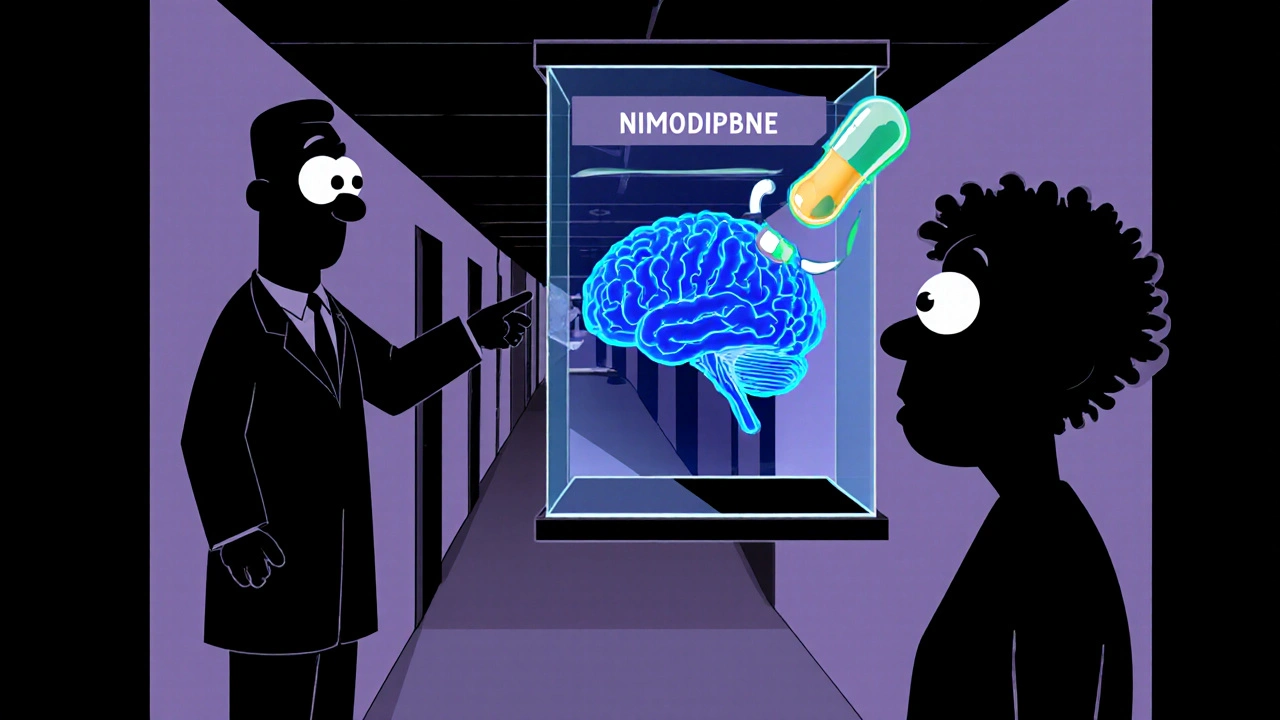Safety: Practical Tips for Medications, Pharmacies and Supplements
Counterfeit or misused medicines can do more harm than the condition you’re trying to treat. This tag collects straight-up, useful advice about staying safe with prescriptions, OTC drugs, online pharmacies, antibiotics and supplements. Read one short checklist and you’ll know what to watch for—no jargon, no fluff.
Quick safety checklist you can use right now
Start with the basics: know the exact name and dose of your medicine, why you’re taking it, and how long the course lasts. Check the label for active ingredients and expiry date. Ask your clinician or pharmacist about common side effects and serious warning signs to watch for. If you take more than one drug, ask about interactions—some combinations can be harmless while others cause big problems. If a medicine makes you dizzy, avoid driving until you know how it affects you.
When it comes to antibiotics, there are two simple rules: follow the prescribed dose and finish the course unless your doctor tells you otherwise. Stopping early can leave resistant bacteria behind. Never take leftover antibiotics or share them with someone else—what helped your neighbor might make infection worse for you.
Buying online: what to check before you click
Buying meds online can save time and money, but it’s a place where scams hide. Look for a physical address and a licensed pharmacist contact. A trustworthy site will require a prescription for prescription-only drugs. Check for HTTPS in the browser bar and readable privacy and refund policies. Read a mix of recent reviews—not everything on the product page is real. If a deal looks too good (huge discounts on brand-name drugs), assume risk and verify further.
Specific warning signs: sites selling controlled substances without a prescription, unclear return policies, and pictures that don’t match the product description. If you see claims like “no side effects guaranteed” or “miracle cure,” walk away. For performance drugs, hormones or anabolic steroids bought from unverified sellers, consider lab testing or skip the purchase—counterfeit products are common and sometimes dangerous.
Supplements are a different game. Products like glycine or herbal blends can help some people, but quality varies. Look for third-party certification (USP, NSF) or transparent ingredient lists. Pay attention to dosing and possible interactions with prescription meds. If a supplement promises extreme results overnight, it’s likely exaggerated.
If anything feels off—unexpected packaging, unusual taste, sudden new symptoms—stop the medicine and contact your pharmacist or doctor. Keep a list of your meds and update it regularly so any healthcare provider you see knows what you’re taking. Reporting adverse reactions helps everyone; most countries have easy ways to file a report online.
This tag groups practical, no-nonsense posts that help you use medicines more safely—how to judge online pharmacies, understand side effects, and choose supplements wisely. Read the specific posts for deeper tips on things like buying steroids online, antibiotics like cephalexin or azithromycin, and sleep-related drug effects. Your health is worth an extra minute of checking before you take or buy any medicine.

Nimodipine Long-Term Effects: Key Facts & Risks
Explore the long‑term safety of nimodipine, covering side effects, monitoring, drug interactions, and when to stop therapy.
The Safety of Nebivolol: Is It Safe for Long-Term Use?
As a blogger, I've recently been researching the safety of Nebivolol, a popular beta-blocker medication, and whether it's safe for long-term use. From what I've gathered, studies show that Nebivolol has a good safety profile and is generally well-tolerated by patients. Many people have been able to use this medication for extended periods without experiencing significant side effects. However, it's always essential to consult with your healthcare provider about your specific situation and any potential risks. Overall, Nebivolol appears to be a safe option for long-term use, but individual circumstances should always be taken into account.
